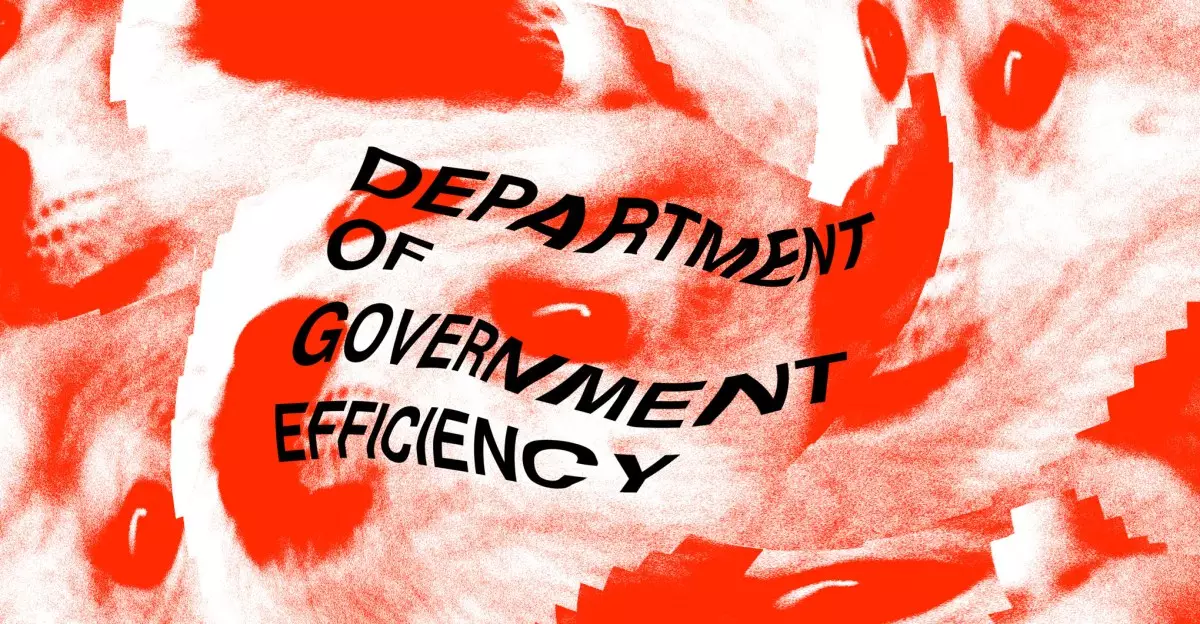The Internal Revenue Service (IRS) is embarking on an ambitious journey to create what is being referred to as a “mega API,” a profound initiative that aims to streamline the access to its vast data troves through third-party software. This move, reported by Wired, reflects a broader trend in government agencies adopting digital solutions for better transparency and efficiency. However, the potential impact and implications of such a powerful tool raise questions about privacy, security, and practicality.
The Hackathon Approach: Innovation or Chaos?
Elon Musk’s Department of Government Efficiency (DOGE) is spearheading a unique approach by organizing a hackathon designed to facilitate the development of this API. Scheduled for next week, this event intends to leverage the creativity and expertise of IRS engineers and external tech specialists. Although hackathons are often a breeding ground for innovation, can a complex entity like the IRS truly benefit from this method? Critics argue that hastily constructed frameworks—regardless of the enthusiasm or talent involved—may lead to unforeseen complications down the road.
Challenges of Implementation
The ambitious timeline proposed by DOGE—a mere 30 days to complete the API—has drawn skepticism from IRS employees themselves, with one stating that such a timeframe is “not technically possible.” These concerns raise valid points about the complexities of handling sensitive taxpayer information. The integration of third-party providers, such as Palantir, known for its controversial history in government surveillance, only adds another layer of complexity to this government initiative. The delicate balance of improving accessibility while safeguarding privacy needs careful navigation.
Internal Turmoil and Resistance
Internal pushback is evident as alterations to access permissions and attempts to streamline data sharing have sparked debate within the IRS and among various stakeholders. Senator Ron Wyden’s communication indicates a clear distinction between the agency’s commitment to privacy and the ambitions of DOGE. Concerns have also been expressed about the motivations behind this initiative, particularly in light of ties to the prior administration’s approach to immigration and data usage. It’s a delicate dance between innovation and oversight, revealing the friction that often exists in implementing governmental change.
The Road Ahead: A Lesson in Caution
The crux of this initiative not only hinges on the technical feasibility of creating a new API but also on the need for informed leadership. With sourcing individuals who may lack experience in taxation or understanding the operational functions of the IRS, as highlighted by one insider, there is a significant risk of derailing the project. Lessons from past government tech initiatives suggest that astute planning, comprehensive understanding, and careful consideration must be prioritized!
As the IRS navigates this transformative path, the need for skilled leadership, judicious oversight, and unwavering commitment to taxpayer privacy cannot be overstated. This endeavor, while filled with potential, requires a clear-eyed assessment of what is at stake and what is feasible in light of the challenges posed.


Leave a Reply